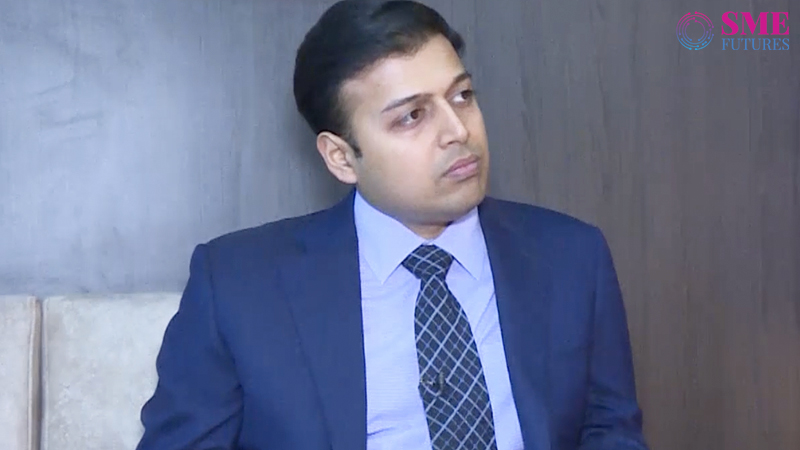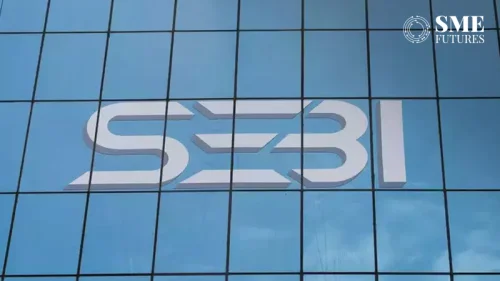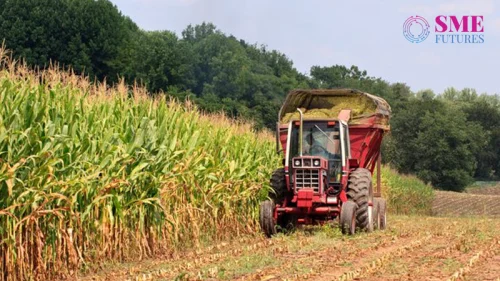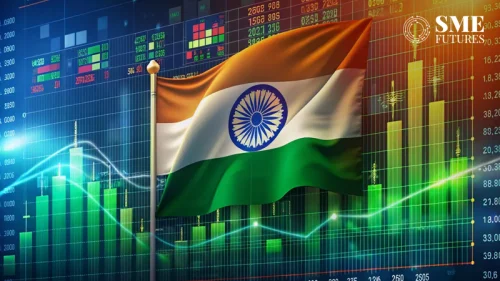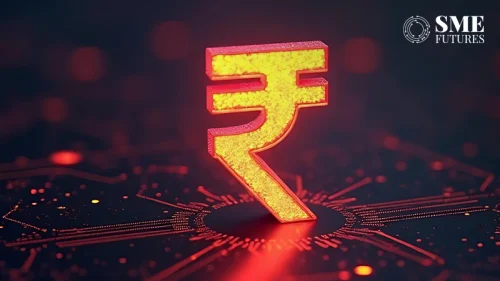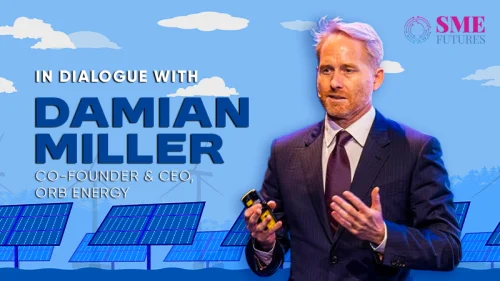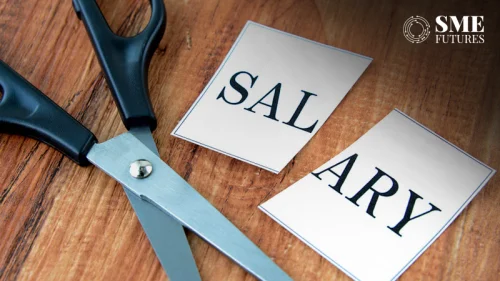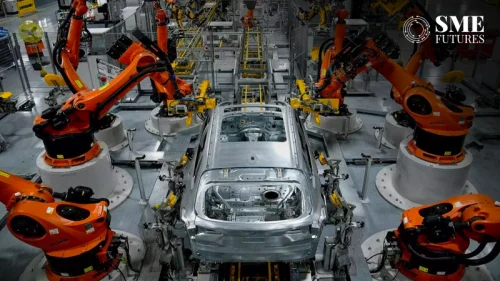Just as the government is pushing electric vehicles in the country, auto manufacturers are bracing up for the challenge both in the passenger and in public vehicle categories. The homegrown commercial vehicle company JBM unveiled its first fully electric bus, which has been made in collaboration with Solaris of Poland, earlier this year.
SME Futures had a conversation with the executive director of JBM Group Nishant Arya on a range of topics including the advantage of the full electric bus, infrastructure constraints India might face during the transition into electric vehicles and germane issues the sector is facing.
Can you walk us through the journey of JBM’s electric bus?
The idea of a 100 per cent electric bus was conceived about three years ago and we had showcased our concept vehicle at the last auto expo. We have developed and engineered the product locally and it is a pure Make in India product.
The big advantage of electric bus is that it does away with the emission of as much as 10,000 tonnes of CO2 and save 3,50,000 litres of diesel in 10 years. In India, we have a market of 75,000 to 80,000 buses annually. I personally feel that in the next seven to ten years all of them can go electric which will help save on our import bill. The transition can also address environment issues doing away with increasing air pollution.
At JBM, we don’t deal with electric bus alone. We are an ecosystem supplier and solution provider to our customers. We work on technologies for battery, charging and vehicle. We don’t sell buses as a standard product. We customise them for every city’s requirement. We have operating patterns which are based on the different demographic and geographic culture.
We have tried to incorporate many features in our bus. For instance, all our batteries are on the roof so there is no water clogging issues. Our buses are also disabled people friendly. We have fast charging technologies with which we have been able to reduce the size of the batteries. Every part of the bus is a load bearing member so that the weight of the battery does not impact the life of the bus.
Since there is no battery manufacturing capacity in India as of now, we are getting our batteries contract manufactured based on the engineering and designs that are done by us. We are adhering to the highest standard of ‘Make in India’ as of date, which the government has defined.
Watch: To capture India’s 80,000-strong bus market, JBM bets on its electric bus Ecolife
How do you plan to bring the price for electric bus down to suit the needs of Indian markets?
Currently the government has a policy framework called Faster Adoption and Manufacturing of (Hybrid and) Electric Vehicles (FAME) and that has given good impetus to electric vehicles in the last two years. FAME includes complete automotive industry including public transportation, cars, personal vehicles, two-wheelers and three-wheelers. It’s very comprehensive and now the government is working rigorously to come out with a new policy — FAME 2. At the same time, there is a lot of focus on the charging infrastructure by the government over the last few months. NITI Aayog as a think tank is also working on it. Companies who have the technologies and believe in electric vehicles would need to take the plunge forward for getting into this domain. We also see that the government is subsidising this area. So electric vehicles are where solar was five years ago. As government subsidised solar initially, it’s getting cheaper than convention power.
Do you think electric vehicles would be feasible in India and would we be able to develop infrastructure to support this change?
Definitely, it’s possible. For public transportation it will happen much faster because we have dedicated infrastructure like depots and terminals in case of buses. Customers will have a closed environment where they can operate. For personal vehicles, it would be a bit more challenging. However, the government is working hard to develop strategies.
So you customize bus as per requirements! What’s the price of your new bus EcoLife?
The price ranges between two crore rupees to three crore rupees. It depends on the operating pattern the customer asks for. Based on which we customise the bus for every city. Depending on the requirements we give them bespoke solution. Our partner Solaris has more than 17 years of experience having supplied 16,000 buses across 600 cities in 30 countries. They are the largest players in Europe and have been awarded the bus of the year 2017 award.
India’s automobile industry is the third largest in the world! So what are the major markets you are exporting to?
We are exporting to multiple countries in Europe and South East Asia. We are also working with multiple global OEMs who have global platform technology. We are working with them as a single source that gives us growth impetus as well as the volume.
Do you think the recent implementation of ASEAN Free Trade Agreement will really help you?
Definitely, that’s a blessing in disguise and the timing is perfectly right. Multiple opportunities in many areas will open up for Indian and ASEAN countries to work together.

